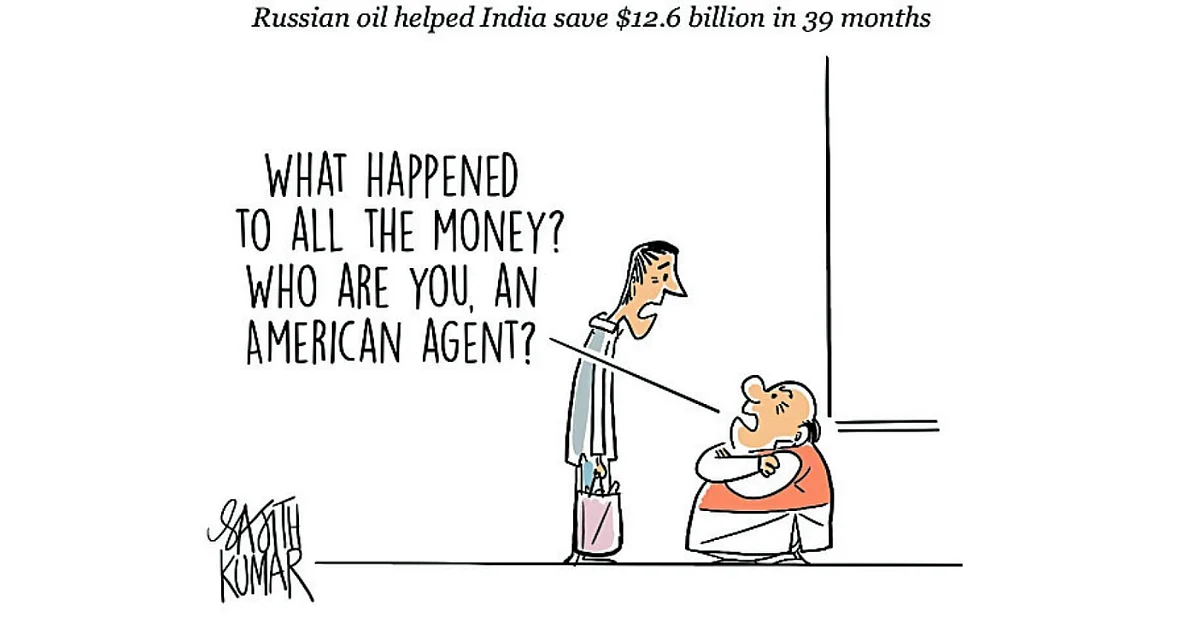Entertainment
Russian Oil Exports Face New Challenges Amid Global Sanctions

Russia’s oil exports are encountering significant hurdles as various countries impose tighter sanctions in response to the ongoing conflict in Ukraine. These measures, primarily initiated by the European Union and the United States, target the Russian energy sector, which accounts for a substantial portion of the country’s revenue. The sanctions have led to a fluctuating market and a reassessment of global oil supply strategies.
The European Union has established a price cap of $60 per barrel for Russian oil, aiming to reduce Moscow’s revenue while ensuring that global energy markets remain stable. This price cap is part of a broader strategy involving the G7 nations, which includes both economic and political measures designed to counteract Russia’s military actions.
Impact on Oil Supply and Market Dynamics
As of January 2024, Russia’s oil production has seen a noticeable decline. Reports indicate that output dropped by approximately 10% since the imposition of the latest sanctions, putting pressure on the country’s economy. Analysts suggest that this decline may further exacerbate existing tensions within the OPEC+ group, where member countries are now faced with the decision of whether to adjust their own production levels in response to Russia’s challenges.
Countries such as China and India have emerged as crucial players in the Russian oil market, with both nations increasing their imports of Russian crude. This shift has provided Moscow with a lifeline, allowing it to redirect its oil exports away from Western markets. However, the sustainability of this arrangement remains uncertain, especially as global demand fluctuates and economic pressures mount.
While Russia continues to seek new markets, the effectiveness of the sanctions remains a focal point of international discussions. The G7’s coordinated approach aims to undermine Russia’s ability to finance its military operations while maintaining a careful balance to prevent widespread disruption in global oil supply.
Future Projections and International Response
Looking ahead, the future of Russian oil exports remains precarious. Industry experts are closely monitoring how the sanctions will evolve and their potential long-term impact on the global oil landscape. The possibility of further sanctions being introduced is real, particularly if the conflict escalates or if Russia fails to comply with international demands.
In the meantime, countries heavily reliant on Russian oil are weighing their options. The need for alternative energy sources is becoming increasingly clear, as nations strive to diversify their energy portfolios amidst rising geopolitical tensions.
As the situation develops, the interplay between sanctions, global oil prices, and international relations will likely remain a critical area of focus for policymakers and industry leaders alike. The outcome of these dynamics will not only shape the future of Russian oil but also the broader global economy.
-

 World5 months ago
World5 months agoSBI Announces QIP Floor Price at ₹811.05 Per Share
-

 Lifestyle5 months ago
Lifestyle5 months agoCept Unveils ₹3.1 Crore Urban Mobility Plan for Sustainable Growth
-

 Science4 months ago
Science4 months agoNew Blood Group Discovered in South Indian Woman at Rotary Centre
-

 World5 months ago
World5 months agoTorrential Rains Cause Flash Flooding in New York and New Jersey
-

 Top Stories5 months ago
Top Stories5 months agoKonkani Cultural Organisation to Host Pearl Jubilee in Abu Dhabi
-

 Sports4 months ago
Sports4 months agoBroad Advocates for Bowling Change Ahead of Final Test Against India
-

 Science5 months ago
Science5 months agoNothing Headphone 1 Review: A Bold Contender in Audio Design
-

 Top Stories5 months ago
Top Stories5 months agoAir India Crash Investigation Highlights Boeing Fuel Switch Concerns
-

 Business5 months ago
Business5 months agoIndian Stock Market Rebounds: Sensex and Nifty Rise After Four-Day Decline
-

 Sports4 months ago
Sports4 months agoCristian Totti Retires at 19: Pressure of Fame Takes Toll
-

 Politics5 months ago
Politics5 months agoAbandoned Doberman Finds New Home After Journey to Prague
-

 Top Stories5 months ago
Top Stories5 months agoPatna Bank Manager Abhishek Varun Found Dead in Well









